By the time someone realizes that they need the help of a bankruptcy filing, they have likely fallen substantially behind on their financial responsibilities. They may then rush through the key decisions related to their bankruptcy filing and may end up diminishing the benefits they derive from the process.
One of the most important decisions about bankruptcy is the type of filing someone initiates. A Chapter 13 bankruptcy is one of the most common choices made by individuals unable to meet their current financial obligations.
The benefits of Chapter 13 bankruptcy
There are numerous aspects of a Chapter 13 bankruptcy that make it a good choice for people and a variety of circumstances. The first is how accessible it is. A Chapter 7 bankruptcy requires that someone complete a means test. The person filing for bankruptcy has to adjust their gross income for certain allowable expenses and compare it to the evening income for households of the same size in their state.
No such testing is necessary in Chapter 13 bankruptcy, making it accessible even to those with above-average income. Additionally, there is no liquidation process in a Chapter 13 bankruptcy. People do not have to worry about selling off their most valuable assets. They receive the same automatic stay as anyone else filing for bankruptcy which protects them from collection activity. If they complete the process, they can discharge the remaining balances due on their eligible debts.
The disadvantages of a Chapter 13 filing
There are certain elements of a Chapter 13 bankruptcy that make it less-than-ideal for some people. The first is the lengthy repayment plan. The person filing has to negotiate a repayment plan with a trustee from the courts and representatives from their creditors.
They then need to make monthly payments for anywhere from 36 to 60 months. If someone has any other financial setbacks during the bankruptcy process, they must move quickly to adjust their repayment plan or risk becoming ineligible for a discharge. Typically, people have to commit the vast majority of their disposable income toward their monthly payments, meaning that their household budget might be incredibly tight until they complete the bankruptcy process.
Depending on someone’s income level and personal assets, a Chapter 13 bankruptcy could very well be the best option available. Learning more about the process of a Chapter 13 bankruptcy may help people determine if it is the right choice, given their situation.

